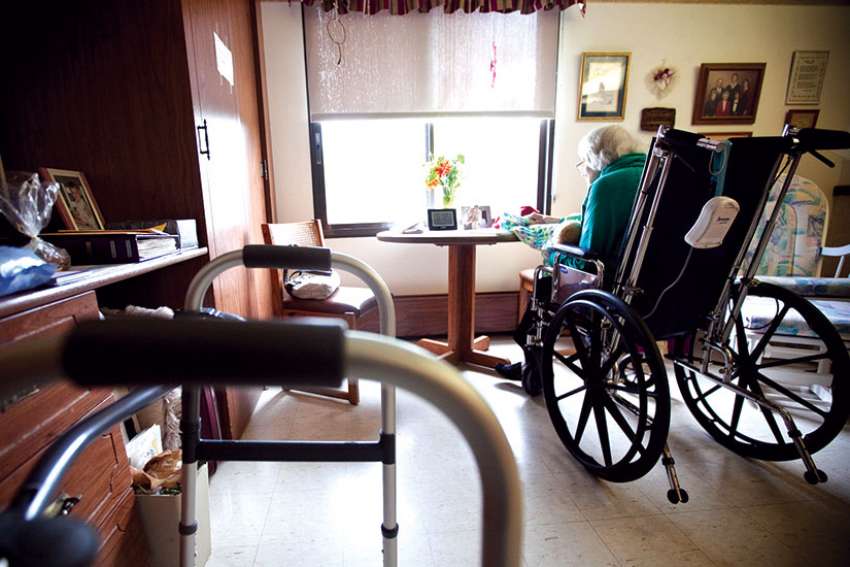According to its web site, the Champlain Community Care Access Centre (CCAC) provides eligible in-home patients information about assisted dying, referrals to physicians who will administer the lethal drugs, nursing aid and other support. It will also provide syringes and non-pharmaceutical supplies required for the procedure.
In Ontario, CCAC is a government agency that provides a range of in-home services to seniors and others to help them live independently at home or help them move into a long-term care facility.
In addition to the Champlain CCAC, others in Ontario, as well as similar agencies across Canada, are providing assisted dying services, according to Alex Schadenberg, executive director of the Euthanasia Prevention Coalition.
“They not only help people get home care or get into nursing homes, they are helping them get lethal injections,” Schadenberg said. “It’s being considered an obligation on their part because they receive government money.
“People who would normally not be involved with such things at all are now involved in killing people or promoting it. … A lot of people are shocked. They thought they never would have to be directly involved and are now finding they have to do so.”
Living With Dignity executive director Aubert Martin said “similar initiatives” are taking shape around Montreal and Quebec City.
“It’s not as organized as it seems to be in Ontario,” he said.
Martin called it “quite shocking” that among services Quebec provides for euthanasia is a physician on call who can be paged to provide the service within 24 hours. The doctor is there “not to help them adjust their pain medication but to answer their request to die,” he said.
Introducing euthanasia into palliative care and home care means “people are less reassured than they were before,” he said. “They won’t have access to proper pain treatment because of fear.”
Teresa Buonafede of Orangeville, Ont., relies on CCAC personal support workers (PSWs) to care for her mother who has Alzheimer’s disease.
“I am horrified that the Community Care Access Centre and personal support workers could in fact be pushing their clients and their families to sign up for home deaths and to actually assist in these deaths,” Buonafede said. “That would not be care and that would not be support.
“How can we trust these organizations with the care of our family members?” she asked. “What will happen when family members are pitted against each other? I fear for the elderly and disabled, who could have a great rapport with their PSWs but will slowly be convinced in their old age or in their infirmity that killing them is one of the services they provide and that they should seriously look into.”
Maria Pirrone of Ottawa, who was the primary care giver for both her late mother and late mother-in-law, received assistance from CCAC and said she is worried that PSWs don’t “understand the impact and severity of their getting involved.”
“I’m concerned for the patients,” she said. “When a person is in a lot of pain, or extremely fatigued, they will say things. That doesn’t mean that’s what they really want.”
Schadenberg said there’s a need to set up safe places where people know they will not be abandoned to lethal injection.
“This is all shocking,” he said.
He noted that a few Catholic institutions are not participating in assisted dying, as well as some individual hospices.
“We are not denying anyone rights; we are protecting people at a vulnerable time in their lives,” he said.


